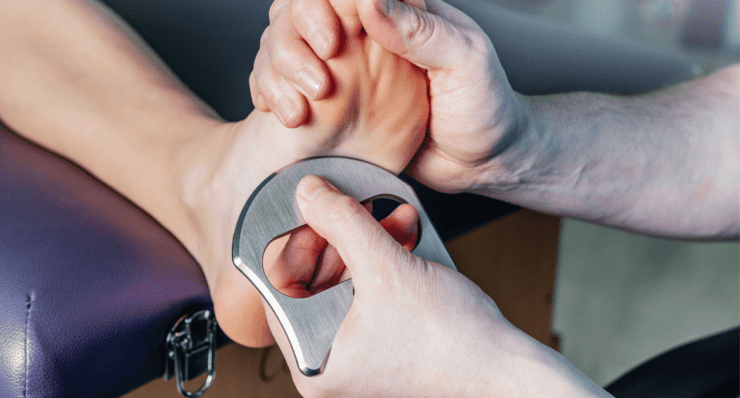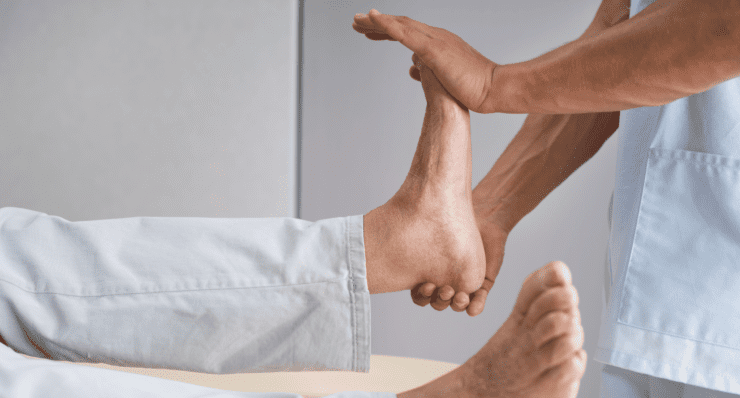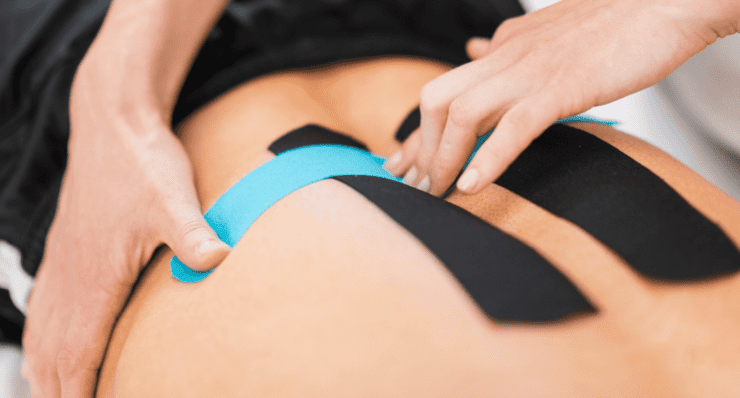
Core stability is necessary for optimal performance and it is not achieved purely by adequate strength of abdominals, spinal extensors, gluteals, or any other musculature; rather, core stabilization is accomplished through precise coordination of these muscles and intra‐abdominal pressure regulation by the central nervous system (CNS).

The science tells us to “function better to feel better”. When the body has been injured because of trauma, overuse, or chronic poor postures, we change how we move to avoid pain; a detour if you will.

Instrument Assisted Soft Tissue Mobilization (IASTM) is a process in which the clinician uses a set of hand-held instruments to break down the scar tissue and fascial restrictions in soft tissues (muscles, ligaments, tendons, fascia, and nerves).

The Selective Functional Movement Assessment® (SFMA) is a series of 7 full-body movement tests designed to assess fundamental patterns of movement such as bending and twisting.

The Functional Movement Screen (FMS) is the product of an exercise philosophy known as Functional Movement Systems. This exercise philosophy and the corresponding set of resources are based on sound science, years of innovation, and current research.

The Kinesio Taping Method is a rehabilitative taping technique that is designed to facilitate the body’s natural healing process while providing support and stability to muscles and joints without restricting the body’s range of motion as well as providing extended soft tissue mobilization to prolong the benefits of manual therapy administered within the clinical setting.
